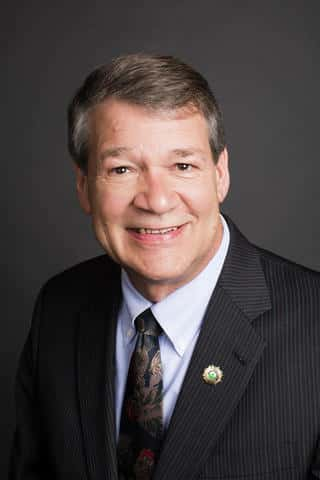
BISMARCK, N.D. (NewsDakota.com) – Attorney General Wayne Stenehjem advises all North Dakota residents to hang up immediately if they receive a call supposedly from Medicare.
The calls are a scam, the latest variation of the “government agency” phishing scam.
In this variation, the scam artists pretend to be calling from Medicare claiming that Medicare is replacing the paper cards with plastic cards with a chip or magnetic strip, and that they will need the consumer to verify their Medicare number (the Medicare Beneficiary Identifier). Once the scammer has the person’s name and Medicare number, they can use that information to file fraudulent claims, send unnecessary medical devices such as knee and back braces to consumers and then bill Medicare extremely high rates for the equipment, or even obtain prescription drugs in the victim’s name, which they then sell on the black market.
Scam artists deliberately pretend to be calling from federal agencies because they know people are more likely to give out information over the phone if they think they are about to lose a benefit or get into trouble with a government agency.
Stenehjem warned consumers saying, “Never believe it when someone calls and says they are with Medicare or the Social Security Administration and they need you to verify your information. Real government agencies don’t call out of the blue and ask for information they would already have on file. If you get one of these calls, just hang up.”
The Consumer Protection division has received numerous calls recently from people who responded to the scam call and realized their information had been compromised. In some instances, consumers reported that the scam artist already had some personal information about them, which made them further believe the caller.
Parrell Grossman, director of the Consumer Protection division urged anyone who has responded to the scam and given out their Medicare number to call the Senior Medicare Patrol at 800-233-1737, to determine if a new Medicare card is needed.
“You will have to give your name, date of birth, and information about the scam call as part of the evaluation process,” said Grossman.
